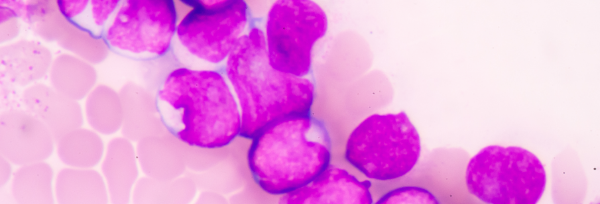MENARINI is a fully integrated privately owned pharma company with a long and successful heritage in strategic partnering across the globe. We have a profound know-how stemming from our strong R&D capabilities in key therapeutic areas, coupled with our excellence in commercial execution and our powerful direct presence on a global basis.
Gastrointestinal disorders
Menarini Group entered the gastroenterological therapeutic area in late ’60s with the discover and the development of a treatment for Irritable Bowel Syndrome (IBS).
Later, in the early '80s enriched its portfolio with an anti-secretory drug that represented a milestone in the therapy of acid-related diseases.
The Company has thus followed and sustained the fertile Italian gastroenterological research into mechanisms regulating acid secretion and inducing acid-related diseases, up to the latest discoveries, which show the involvement of Helicobacter Pylori in the pathogenesis of peptic ulcer.
Peptic Ulcer
Peptic ulcer, located in the stomach or in the duodenum, is the consequence of an inflammation/erosion of the mucous membrane of these organs. It is an acid-related disease and is characterised by gastric pain and burning sensation of the stomach. It is nowadays firmly established that in more than 90% of duodenal ulcers and up to 80% of gastric ulcers, a germ called Helicobacter Pylori (HP) causes the inflammation. The non-elimination of this germ is a cause of recurrence of the disease. Moreover, HP chronic infection is strongly associated to some types of lymphoma.
Gastroesophageal Reflux Disease
It is estimated that 10-20% of the general population suffers from gastroesophageal reflux disease (GERD). This disease causes intense burning located behind the sternum (retrosternal pyrosis), often accentuated by the bending of the torso and accompanied by pain and acid regurgitation. Other times, the disease has atypical (extra-esophageal) manifestations, as for example, cough and laryngitis. Esophageal mucosa is particularly sensitive to acid; when the frequency and intensity of reflux takes on pathological significance over time, inflammation can produce irreversible damage to the esophagus, as erosions and small ulcers and development of precancerous lesions (Barrett's esophagus).
Irritable Bowel Syndrome
IBS is one of the most frequent intestinal disorders with an incidence up to 15-20% in the general population. It is a "functional" disease, meaning an alteration in intestinal functioning, and occurs more frequently in women than in men. It is characterized by abdominal pain and swelling, alteration in defecation (constipation, diarrhoea or the alternation of the two). Pain may be continuous or recurrent (colic) and has varying intensities. Often in the same patient, abdominal pain may assume different characteristics, also in relation to precipitant factors (food, anxiety, etc.).
Ulcerative colitis
Ulcerative colitis (UC) is one of the major types of inflammatory bowel disease (IBD) that primarily affects the large bowel (colon) or the rectum. While the main causes of this inflammation are still unknown, the disease appears to be multifactorial and polygenic. The main clinical symptoms are diarrhoea, often with blood and mucus, and abdominal pain.
Up to 35% of cases may have extra-intestinal symptoms such as joint pains and dermatological manifestations. The disease is characterized by acute episodes followed by periods of remission, during which it is clinically silent. The frequency of symptomatic episodes may vary from one or two attacks per year, to several episodes that reduce the period of well-being. If not well-cared, chronic inflammation can lead to irreversible intestinal disorders and possible development of cancerous lesions.






















